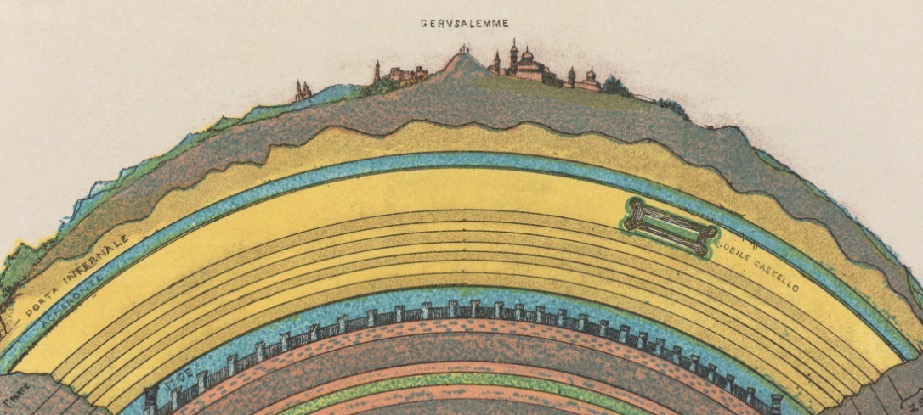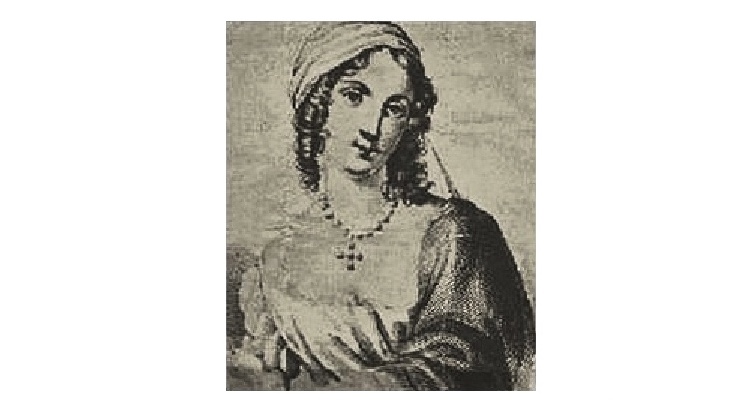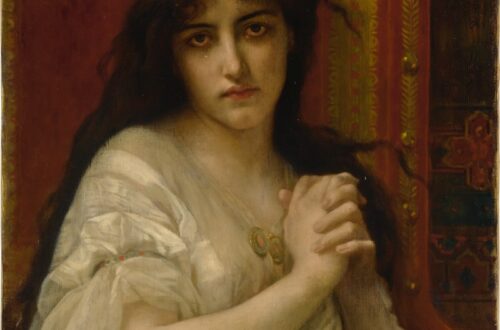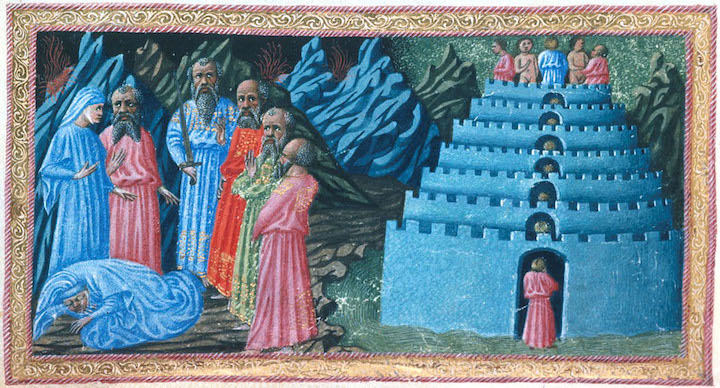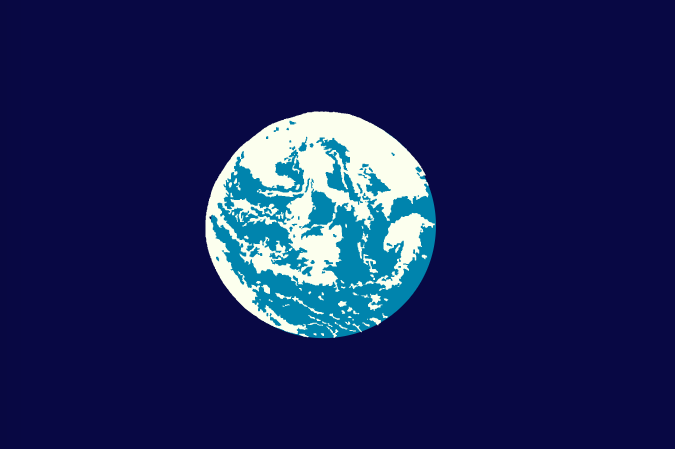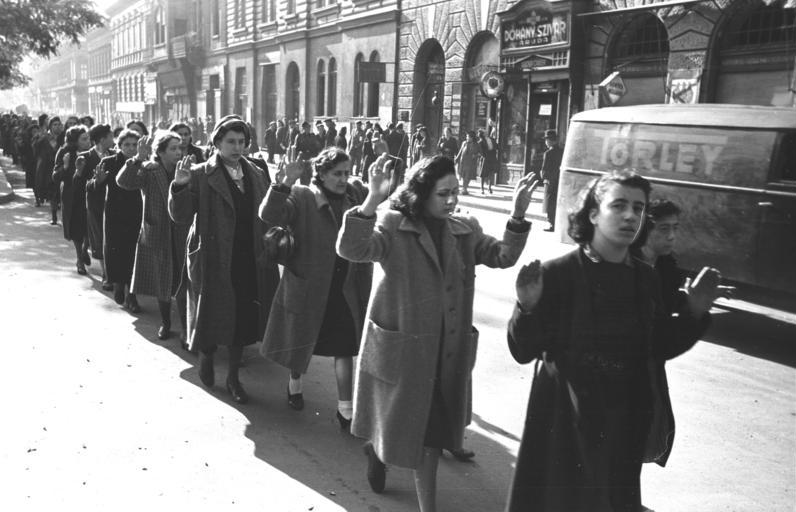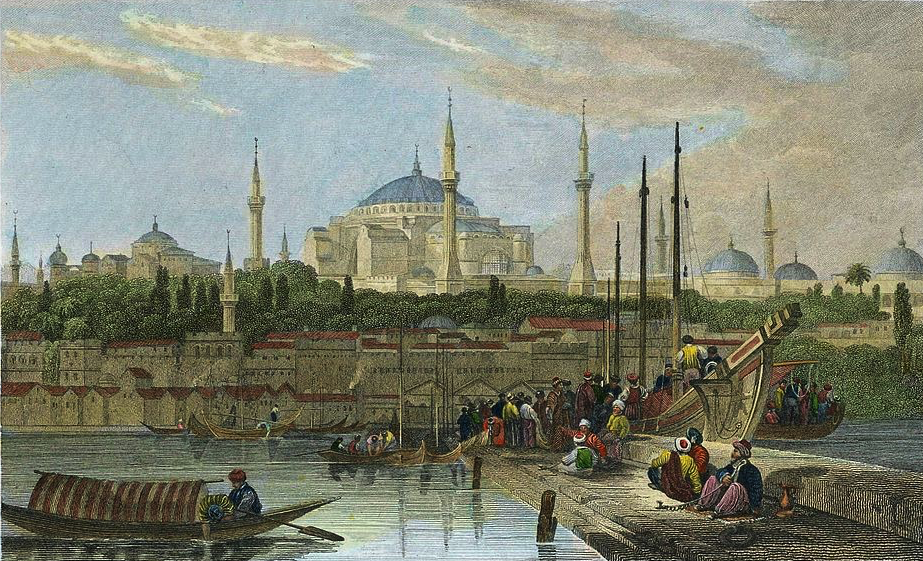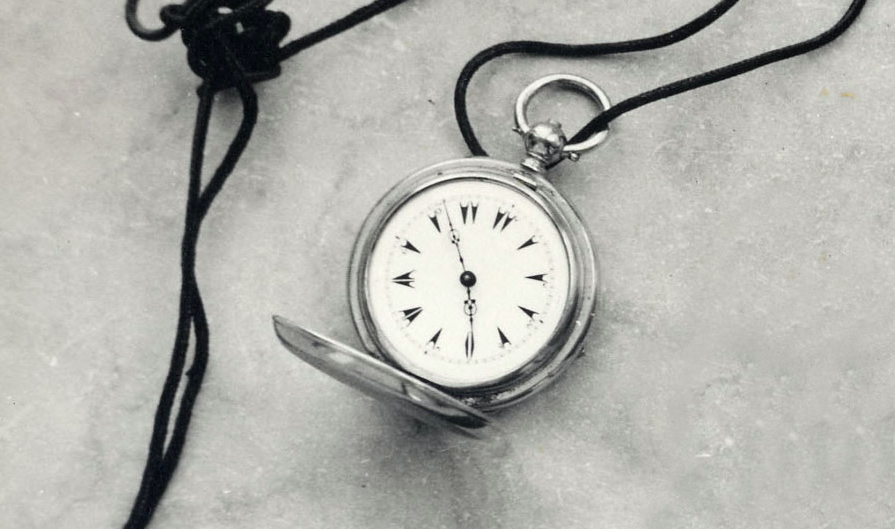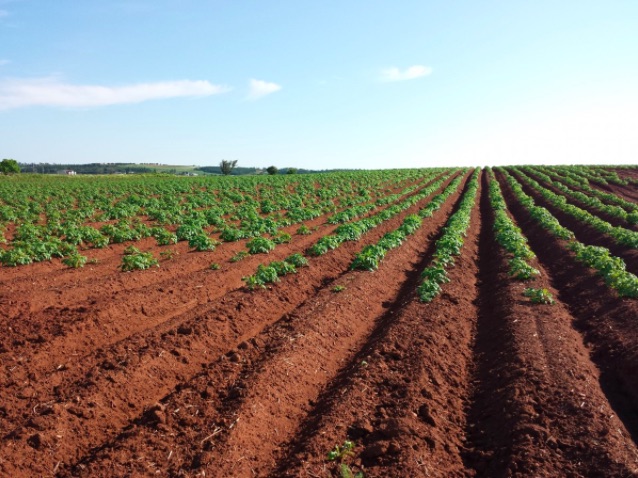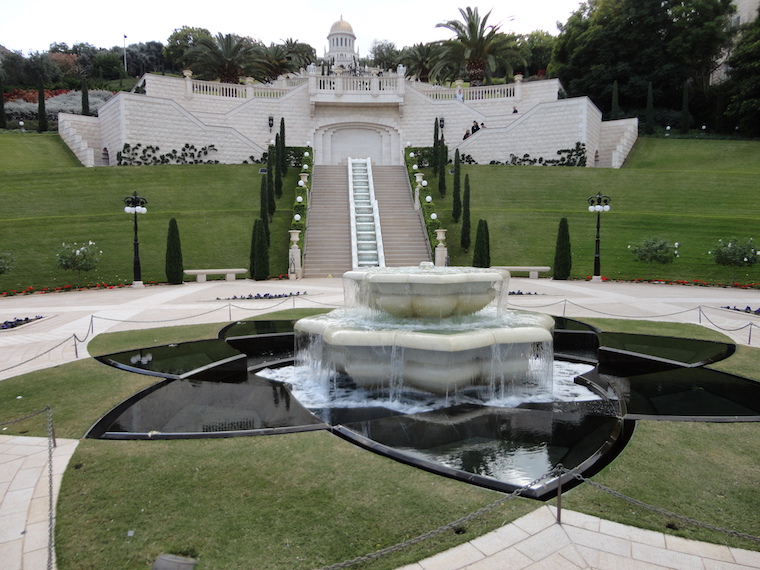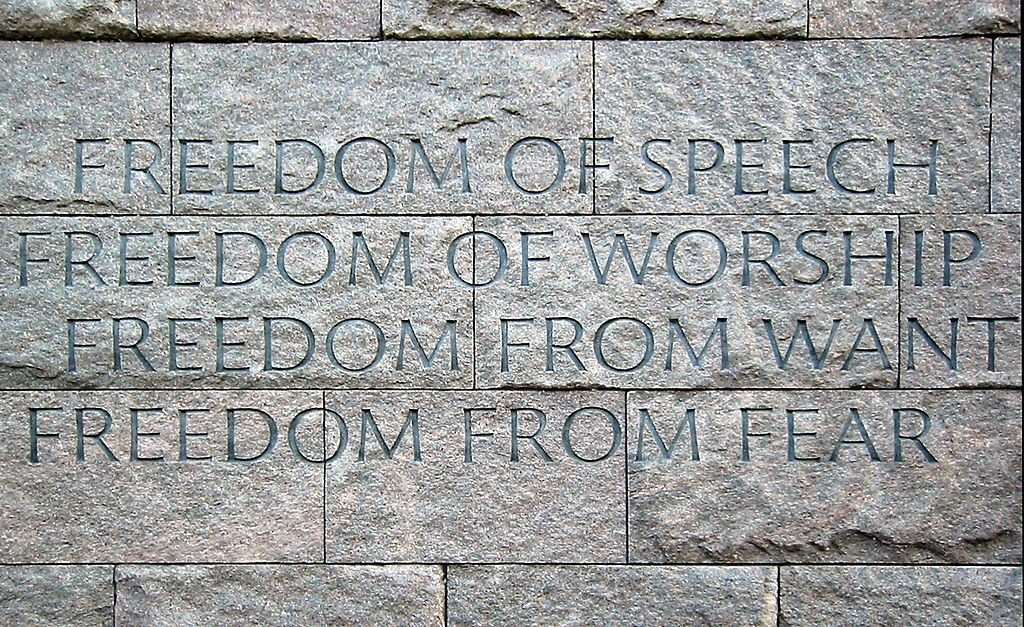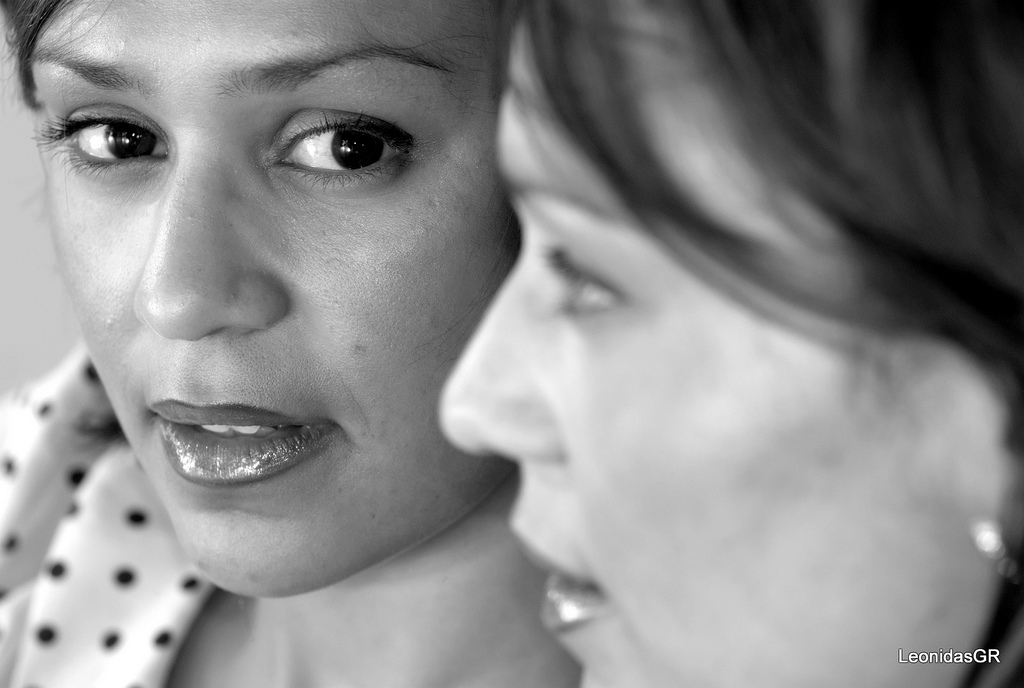-
Dante Alighieri Citizen of the World
Dante Alighieri says it plain: “to me, the world is one native country, like the sea is to fish“. Dante sees himself as a “citizen of the world”. He is, admittedly, a poet who is internationally celebrated. Nonetheless, we can find the discovery stunning. Dante is so closely paired with the Italian “brand”, that his observation seems out of place. It is natural to assume Dante would be concerned, in some sense, with the Italian national project. He is after all widely known as the “Father of Italian”. Yet it is not the case. Our tendency to assume that the past was much like the world today, is the nub…
-
A Crazy Beautiful Idea: The World as One
I am a citizen of the world. The planet is my home. My countrymen and women all the world’s peoples. The highest loyalty I can have is service to the welfare of humanity as a whole. The best way I can serve the community of which I am a part is through fostering reconciliation, peace and understanding among all people. Until such ideas take root in the hearts and minds of the people of the world and in the hearts and minds of our leaders, the world will not find peace or healing. The idea of world citizenship is not a new one. It was known to ancient Greek philosophy,…
-
Bahá’u’lláh on Good Government
We live in a time of increasing distrust between citizens and institutions of government. Ordinary people seek solutions for what they experience as failures of government, yet institutions of governance struggle to genuinely connect with affected populations. What light does Bahá’u’lláh’s thought cast on what constitutes good government? Bahá’u’lláh lived under absolute monarchies. His own experience of government was one of oppression, expressed in unjust and successive imprisonments and exiles. Justice as a dimension of good government is a strong theme of Bahá’u’lláh’s writings. O kings of the earth! We see you increasing every year your expenditures, and laying the burden thereof on your subjects. This, verily, is wholly and grossly unjust…. lay not…
-
The Universal Declaration of Human Rights: insights from its first draft
Until recent years it was hard to find good information on the origin of human rights. This was particularly true about the creation of the Universal Declaration of Human Rights. The fiftieth anniversary of the Declaration in 1998 began to change that picture as scholars began to turn their attention to the history of human rights. Among the books that have been written since, are Mary Ann Glendon’s book, A World Made New, and Johannes Morsink’s book The Universal Declaration of Human Rights Origins, Drafting & Intent. Both works tell the story of the how the Universal Declaration of Human Rights was created. Glendon’s book also happens to be one…
